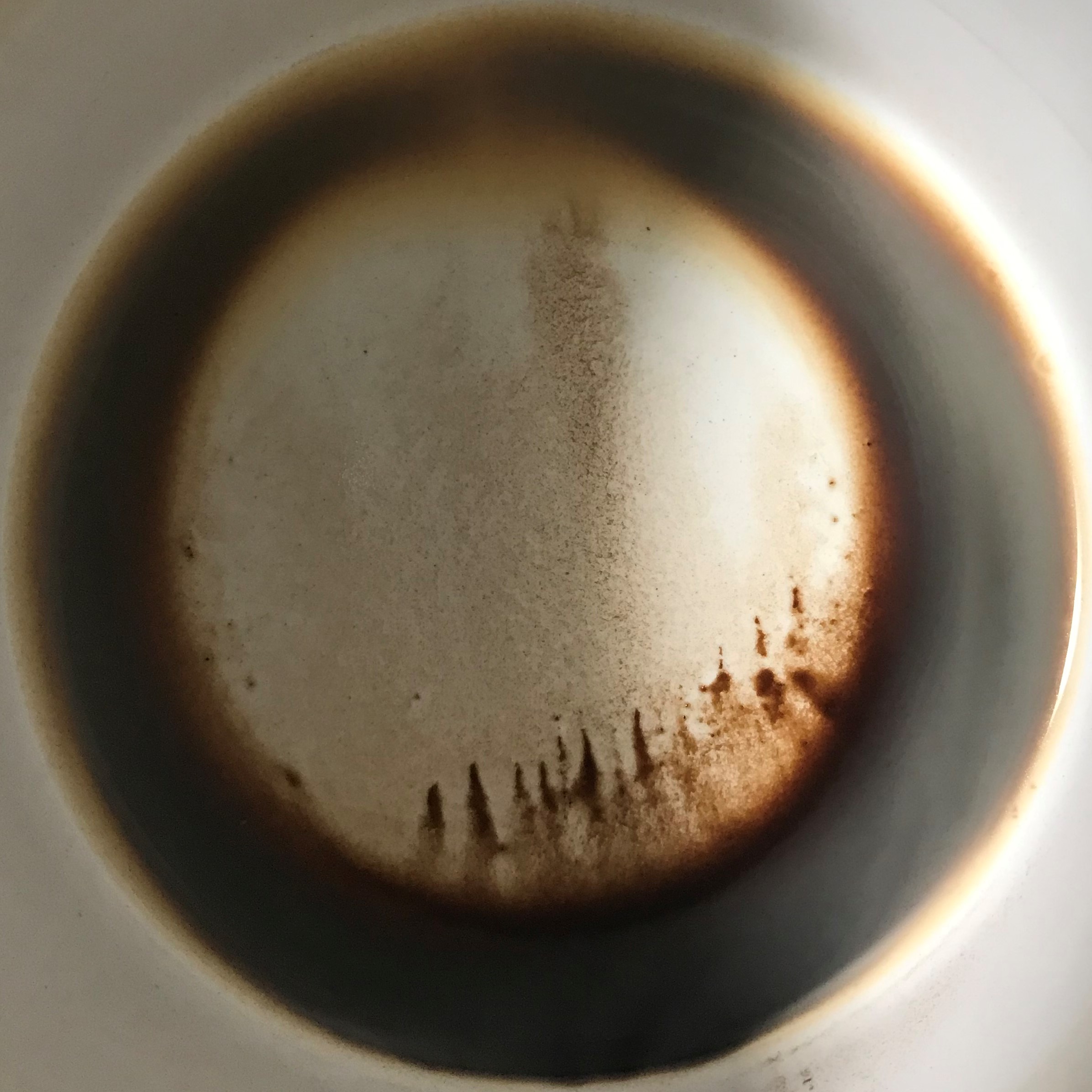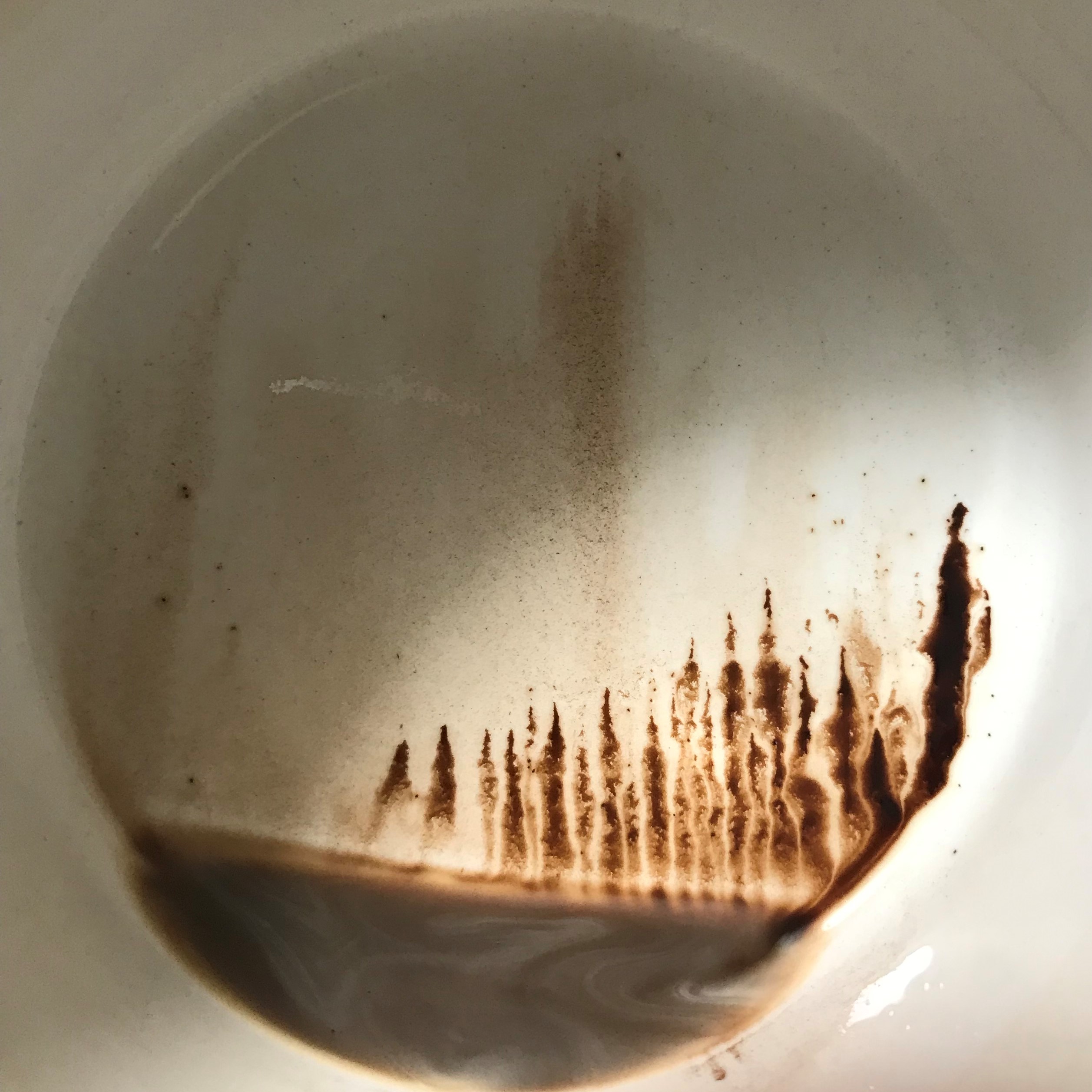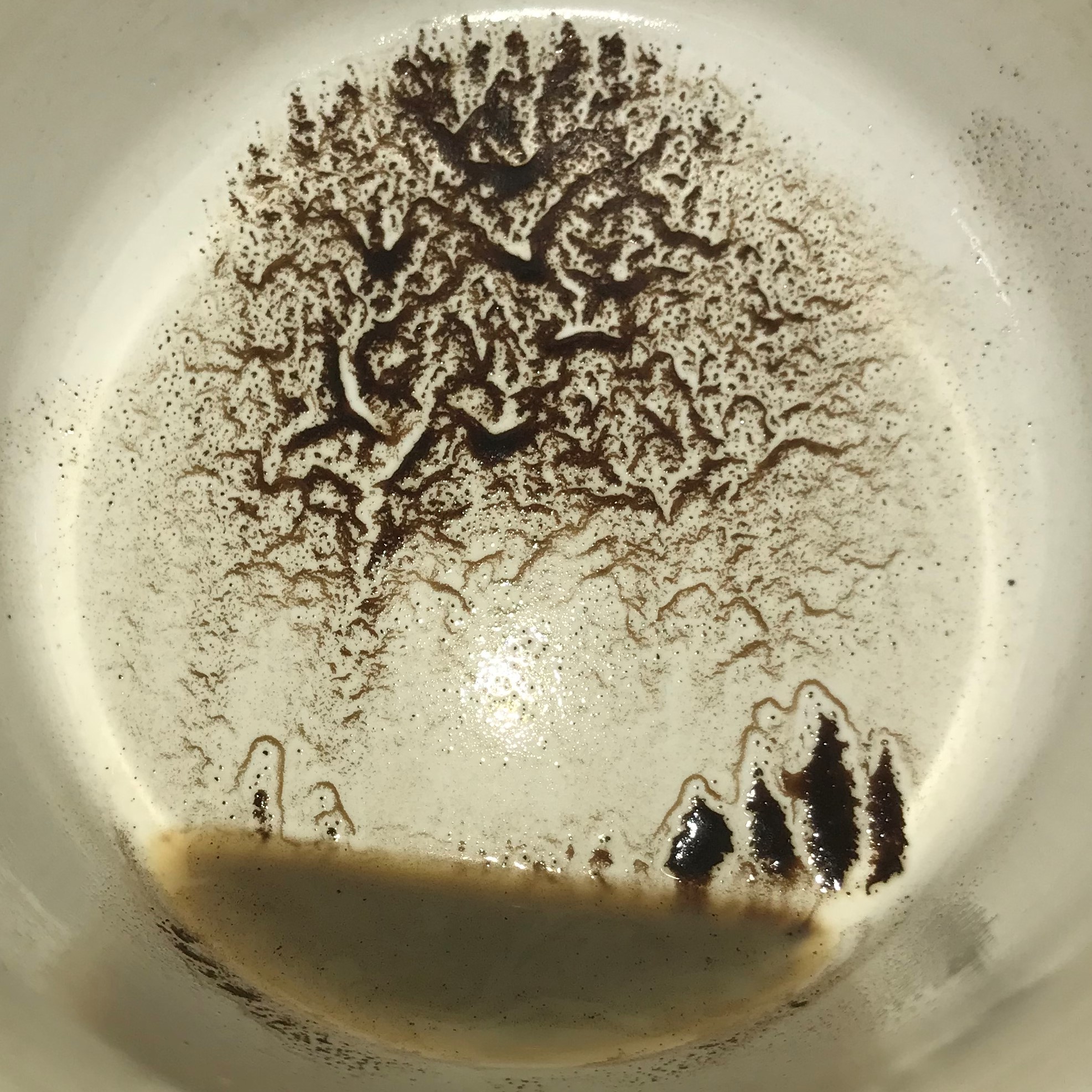
Photo by Dan Cristian Pădureț on Unsplash
Four and a half years ago, I shared an experience on Twitter. Back then, I was still active (or trying to be) on the platform. The thread I created is not a rant, per se, but an attempt to start a bigger conversation about science-fiction. One of many attempts, I might add, to make some connections with like-minded people. I’ve shared it below. Note that it says there are 10 tweets. There are actually 9. #4 doesn’t exist. 😉
For those who need a transcript:
Slide 1: This weekend I was at a party with a lot of people I didn’t know. Word got around that I just finished a hashtag science-fiction fantasy novel. Someone said “hey, so and so loves sci-fi!” Of course “so and so” was a 70ish man. He asks what sci-fi I read (perhaps to get a sense of what mine is…)
Slide 2: Before I can answer, another older gentleman pipes up. “Phillip K Dick,” he says with gusto. So and so follows that up with “Asimov!” Neither ask what my novel is about. So I say the first two that come into my mind: Octavia Butler and Ursula Le Guin. They immediately lost interest.
Slide 3: Had I time to prepare, I would have added a few more to my list. I did make it a point to say “I don’t like PDK” which was ignored. Stephen King was mentioned, which was fine (but didn’t really count). Beyond these, there wasn’t much to talk about.
Slide 4: I read one PKD novel and knew it wasn’t for me. Asimov never looked interesting. I tried reading Herbert’s Dune and gave up. I used to feel like I couldn’t “really” write sci-fi without reading these. Now, I couldn’t give a flip. The thing is…
Slide 5: I was drawn into sci-fi by way of Star Wars, Star Trek, Doctor Who and Farscape. I lived and breathed it. It made sense to me. The other stuff did not. Again, no apologies. I keep pondering the PDK-Asimov question, though…
Slide 6: I understand A and D to be touchstones of the genre, but they can’t be the last word. I crave a female perspective, an unusual point of view, more story than hard science. I’m not the only one. The party wasn’t a place to have a debate–I hate debates…
Slide 7: Good news, though. I would up having a conversation with women who were genuinely interested in my novel! See? The right people were listening after all! First question: is it female-oriented? I was relieved to say “yes.”
Slide 8: We had a lovely chat about our favorite authors (Le Guin) and lamenting this strange dismissal of anything to do with women in sci-fi. One woman said her 30 year old son refuses to read anything like that. It’s a shame that there are men of my generation who
Slide 9: can’t/won’t think outside the Asimov-Dick-men-rule-the-genre box. They’re truly missing out on some great stuff! It’s a narrow, limited scope. I’m going to continue to write science-fiction fantasy and hope the conversation gets better.
Since this tweet, of course, I have in fact read and finished (!) Herbert’s Dune (because the movie was coming out), a good challenge-read, for sure. Le Guin and Butler are great, but I’ve added more recent authors to my sci-fi favorites list: Mary Robinette Kowal (Lady Astronauts and The Spare Man), Samantha Shannon (The Bone Season series and The Priory of the Orange Tree), Deborah Harkness (The All Souls Trilogy), and Emmi Itäranta (The Moonday Letters), among others (women and men alike). I have not read any more Dick, nor have I touched Asimov. I prefer not to read male authors who have a reputation of sexually harassing the women around them.
I was proud of this tweet. I sounded competent and thoughtful. I’d hoped it would spark a conversation. What I got instead was near silence. It was disappointing. Silence can be a bigger critique than negativity. Although in hindsight, given where Twitter was headed, I dodged a bullet… maybe an entire arsenal.
The tweet itself has a clue to the outcome. I did have a conversation about science fiction–not with Twitter, but in person with intelligent women about women authors of science-fiction and inherent sexism. I had not noticed that at the time, glaringly obvious as it is. I needed to interact with people and have real, non-text conversations about writing and books, television and technique, life and art. I needed to hear their actual voices and be in their presence. Simply scrolling through a block of disembodied, impersonal characters and words was not enough… unless I’d had a relationship with their authors in the first place.

Photo by Sheen Photography on Unsplash
I have not deleted my account, but I rarely visit Twitter–ahem, X–anymore. I am repelled by thought of the Bottomless Scroll and the negative energy that has festered and thrived there. “Facebook instead?” you ask. Facebook is its own weird relic, a time capsule of all my old “likes” and “follow.” All social media aside, it comes down to the same fact: I need real people, friends, fellow-writers, and not their edited-down approximations.
I had crafted that tweet the summer before the COVID pandemic began, after all, which makes it an artifact. The pandemic may have been the catalyst to rethinking social media entirely. A few years later I’m in a different place, mentally and physically. I’m having these important conversations with real people in real time–sometimes in person, sometimes on Zoom–and it’s good. My brain feels better. My creative life feels like mine and mine alone.
I won’t rule out tweeting or joining other social media in the future. For now, I’m going to focus on what I need, what works, and not worry about what doesn’t.
🧵














